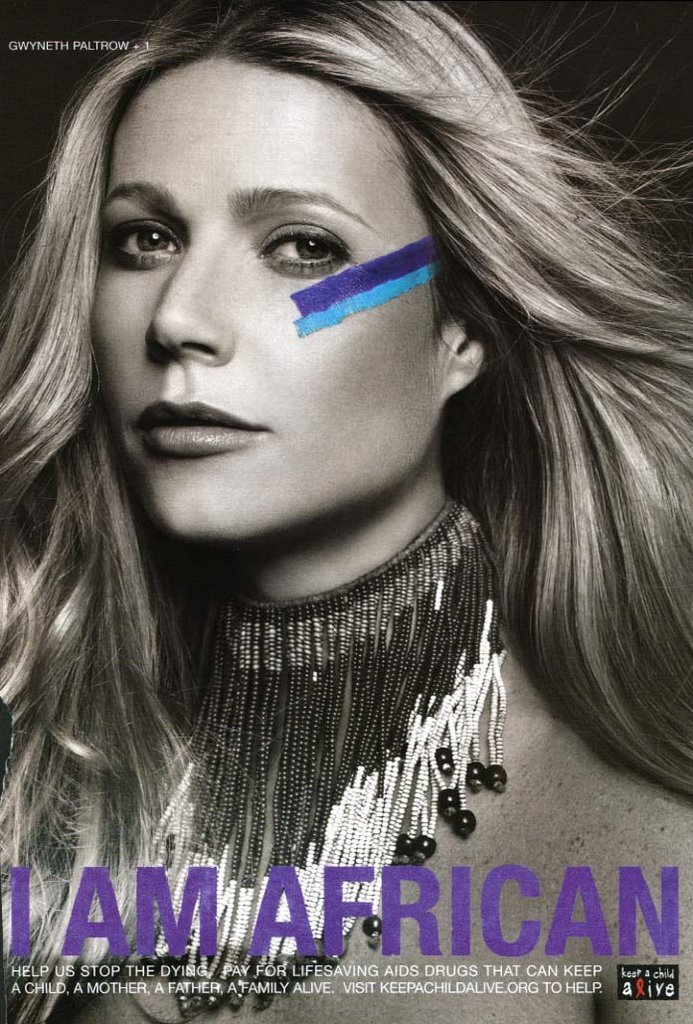An avid spectator of the evolution of Private Equity as an asset class across the African continent, the invitation to attend the inaugural PE Africa Seminar was well received. The event was oversubscribed, the atmosphere electric. On the panel, sat the usual suspects: investment professionals from DPI, MediCapital, Clifford Chance and unexpectedly The Shell Foundation - the social investment initiative of the oil major, Royal Dutsch Shell, launched in 1997 to promote sustainable development. Not oft is Shell, the international magnate associated with social entrepreneurship especially given its sour history with the African Continent. The initial skepticism was overwhelming, merely an attempt by Shell to distract us from it's past by portraying itself as a model of corporate social responsibility. However by the end of Chris West's (Director of the Shell Foundation) presentation it was clear that this initiative had to be shared with i-Muse followers.
“The Shell Foundation and GroFin act as venture capitalists in the development space. The problem is not a shortage of entrepreneurs in Africa, it has been to give these people the necessary investment and support to help their business grow. We provide a return on investment by helping SMEs to succeed using an enterprise-based approach.”
(Chris West, Director of The Shell Foundation)
The Challenge – The Missing Middle
In OECD countries small and medium-sized enterprises (SMEs) and microenterprises account for over 95% of firms, 60-70% of employment, 55% of GDP and they generate the lion share of new jobs. This sector is even more crucial in developing countries, nonetheless accounts for less than 10% of GDP in Africa. The under-funding of this engine of economic growth and job creation is a key impediment, with the lack of business skills, collateral and access to finance frustrating the start-up and growth enterprises in the region. The phenomenon is now termed the ‘missing middle’.
The Solution – Sustainable Solution To The ‘Missing Middle’
Traditionally, plugging the so-called ‘missing middle’ – the gap in financing that exists between micro-finance and commercial financing because local banks see SMEs as too risky an investment - has been the domain of development agencies and charities. But these efforts have failed to generate any large scale impact. The ‘Growth Finance’ sector has thus arisen to address the challenge of finding financially viable ways to solve this market inefficiency – so that entrepreneurs can grow their businesses and create sustainable employment.
What makes growth finance different from either microfinance or private equity is that it integrates the provision of vital business skills assistance with the provision of risk capital and assesses the viability of a business, rather than its collateral or track record. This is the recipe which has enabled African SMEs to grow in a sustainable manner and generate local wealth.
The Model - GroFin Model Explained
The Shell Foundation in partnership with GroFin - a specialist business developer and financier - have pioneered a new business model specifically designed to service the Growth Finance sectors, mobilizing the largest Growth Finance Fund in the world to date, and pioneering a viable and sustainable way to plug the ‘missing middle’. The Economist journalist Matthew Bishop summarized it in the following way: ‘ … as Muhammed Yunus and Grameen bank did by turning microfinance into an asset class, the Shell (Foundation) may have kicked off a multibillion dollar investment in ending poverty.’
The GroFin Africa Fund (GAF) provides vital business skills assistance and risk capital – on a competitive investment basis – to SMEs underserved by traditional capital sources investing between $100,000 and $1 million in SMEs operating in various sectors of the African economy - from manufacturing to retail and services. The capital is attained through the use of self liquidating instruments (loan with incentive fee) sourced from a range of development banks around the world, thus providing fair risk reward pricing (equity type returns with no exit constraints).
Through the integrated provision of business development assistance and appropriate finance to viable SMEs, GroFin has established locally managed operations in South Africa, Kenya, Tanzania, Uganda, Ghana, Rwanda and Nigeria. On the ground, GroFin teams of business development and investment professionals actively work with local entrepreneurs to help them establish sustainable businesses and in so doing, realise both attractive financial returns for investors and a suite of social returns, including job creation.
GroFin’s target net returns to investors are 5 to 10% net after costs and write-offs to investors in USD terms. Performance to date is in line with modelling with gross portfolio returns between 15 and 20% in the different funds. The average IRR achieved on the first 14 exits is 25% proving wrong the belief that risk finance at this level is not commercially sustainable.
The Impact
The Foundation’s support has enabled GroFin to leverage over US$260 million to make risk finance and business development assistance available to Africa’s entrepreneurs making GroFin the biggest growth finance fund manager in Africa.
- $17 million has been committed to 50 businesses across Nigeria, Ghana, Rwanda, Kenya, Tanzania, Uganda and South Africa through in-country investment teams
- Close to 200 portfolio companies, 28% of them startups
- Sustainability of companies is 90%+
- Cost per job created and maintained is low - $13,000
These financed businesses create significant value in the market place.
- Each transaction creates on average 15 new jobs
- GroFin portfolio companies employ a total of 4112 personnel with a further 64,500 beneficiaries benefitting directly from the $52 million invested.
- Write off rate is less than 5% significantly better than the market average and a true indication of the value of the structured finance and the ongoing business development assistance.
- These businesses manufacture and deliver a wide range of goods and services and are all formal businesses that contribute significantly to the local economy.
The Future – ‘Vision 2020’ Strategy
On the basis of GroFin’s record of growth, and the experience of micro finance and private equity before it, Jurie Willemse, GroFin’s chief executive, expects this to be a multi-billion dollar finance industry by 2020, aiming to have assets under management worth $300-400m by 2013 and to be a $1bn company in its own right by 2020.
The Conclusion
Microfinance has succeeded in shifting the development debate away from aid and towards bottom-up, market-based solutions to poverty. But because microfinance mostly deals with the informal sector it will never provide the engine for economic growth or job creation that will permanently lift millions out of poverty. For this to happen, growth finance needs to be recognized as an important new asset class – potentially worth billions of dollars – and receive support from all those with a long-term interest in filling the missing middle.
It has always been my belief that market incentives are critical if not key in providing sustainable solutions to the most pressing social and global challenges modern day economy faces. Aid-based approach to development runs counter to the enterprise ethos needed for dynamic business growth. If Africa and the developing world are to be transformed it will be through economic independence not dependency, via bottom-up enterprise not top-down handouts. The GAFs are investment vehicles offering a means for commercial investors to help unleash grass-roots entrepreneurialism in Africa and promote the spirit of enterprise across the Continent. The Challenge is monumental but the solution elegant in its simplicity.
“The Africa enterprise sector represents an exceptional investment and development opportunity at this time and has illustrated resilience through the economic crises.”
(Willemse, Managing Director of GroFin)
i-Muse thanks Chris West Director of the Shell Foundation and Deputy Director Clare Woodcraft for their support and contributions.




No comments:
Post a Comment